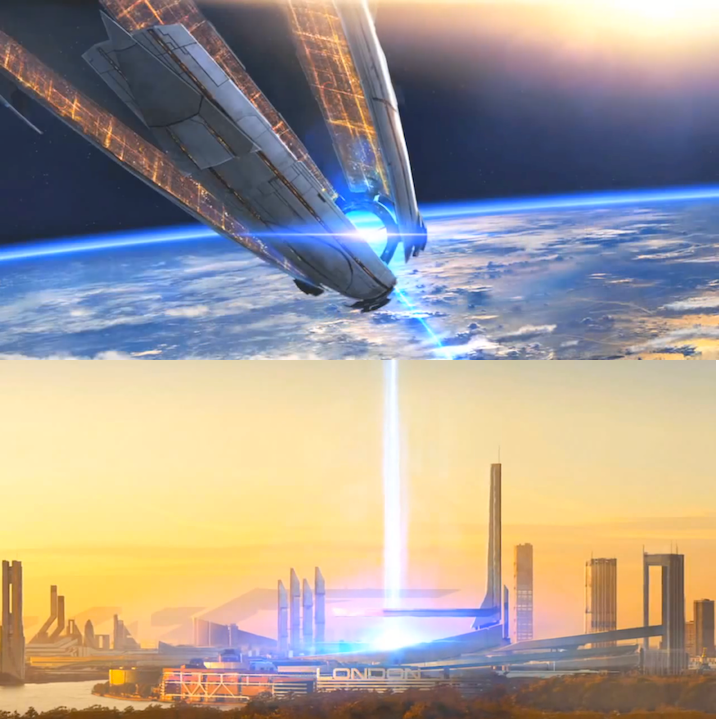My primary Shepard was a colonist, but it still makes sense to me that he'd care about Earth. 30 years after joining the galactic community, I'm guessing the majority of the human species still lives on Earth, and that it remains the centre of human culture.
We're not trying to say that Shepard shouldn't care about Earth at all. We're just saying that for a series that was able to tell an epic action adventure story that didn't resort to the typical "Aliens attack Earth!" storyline, it deserved a lot better. Heck, having aliens hate humanity was one of the "fake outs" of the original game.
Focusing so intently on Earth really does the Mass Effect universe a disservice because Earth isn't what makes the Mass Effect universe unique. There are a crap ton of science fiction stories that all have an Earth, and a lot of them involve aliens wanting to invade Earth specifically. The Mass Effect games gave us a science fiction setting where for once, Earth was not the center of the universe where everything had to revolve around it, and humanity wasn't the only race who could get things done. Earth was simply a place, a place you couldn't really visit in the first two games. Treating Earth like that gave Mass Effect the benefit of exploring and developing other alien societies as though they are as capable of doing great things as we are. I never looked at Shepard being the hero because she was a human. I looked at her being the hero who just happened to be human.



 and
and  from some of the plot.
from some of the plot.